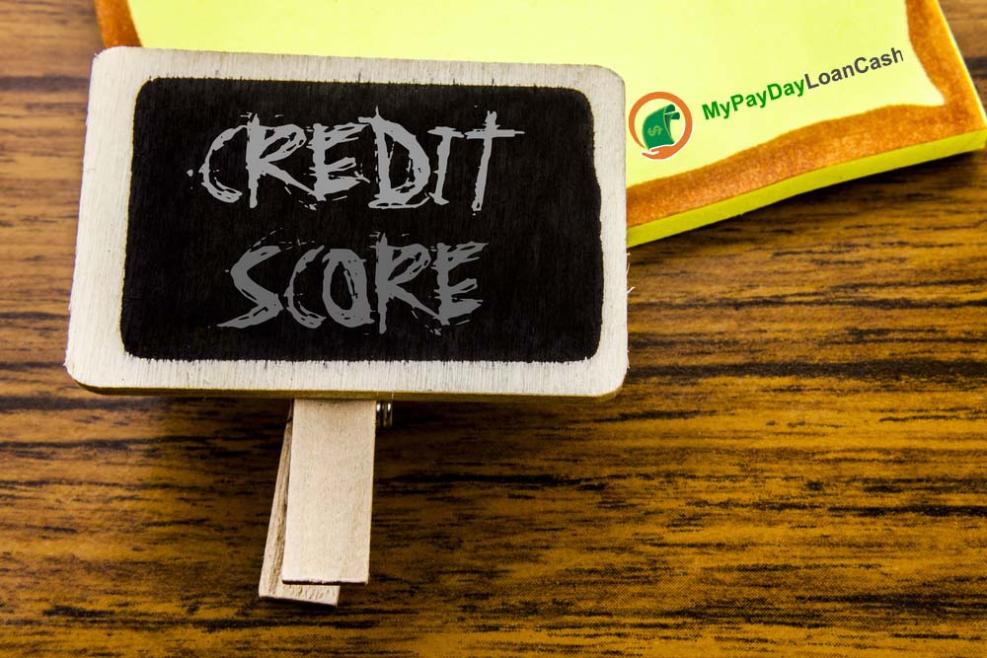What Are Some Tips for Managing My Money and Avoiding Debt?
In today's world, managing money wisely and avoiding debt is crucial for financial stability and long-term success. This article provides practical tips to help you achieve these goals and take control of your finances.

1. Create A Budget
A budget is a roadmap for your money, allowing you to track income and expenses, and make informed financial decisions.
- Step 1: Calculate Your Income: Add up all sources of income, including salary, bonuses, and any other regular payments.
- Step 2: List Your Expenses: Categorize your expenses into fixed (rent, utilities) and variable (groceries, entertainment).
- Step 3: Compare Income and Expenses: Subtract your expenses from your income to determine if you have a surplus or a deficit.
- Step 4: Adjust Your Spending: If you have a deficit, identify areas where you can cut back or find ways to increase your income.
- Step 5: Use Budgeting Apps or Software: Consider using budgeting apps or software to make the process easier and more convenient.
2. Prioritize Debt Repayment
Debt can be a significant burden, both financially and emotionally. Prioritizing debt repayment can help you reduce interest payments and regain control of your finances.
- Choose a Debt Repayment Strategy: There are different debt repayment strategies, such as the debt snowball method (paying off smallest debts first) or the debt avalanche method (paying off highest-interest debts first). Choose the one that works best for you.
- Negotiate Lower Interest Rates: Contact your creditors and inquire about the possibility of negotiating lower interest rates.
- Consider Debt Consolidation: If you have multiple debts, consider consolidating them into a single loan with a lower interest rate.
3. Save Regularly
Saving money is essential for financial stability and achieving long-term goals. Make saving a priority and incorporate it into your budget.
- Set Savings Goals: Define specific savings goals, such as an emergency fund, retirement, or a down payment for a house.
- Automate Your Savings: Set up automatic transfers from your checking account to your savings account to make saving effortless.
- Consider Different Savings Vehicles: Explore various savings options, such as high-yield savings accounts, money market accounts, or certificates of deposit.
4. Avoid Impulse Spending
Impulse spending can quickly derail your financial goals and lead to debt. Be mindful of your spending habits and take steps to avoid impulsive purchases.
- Wait 24 Hours: Before making a non-essential purchase, give yourself 24 hours to think it over. This can help you avoid making impulsive decisions.
- Use Cash Instead of Credit Cards: Paying with cash can make you more aware of your spending and discourage impulsive purchases.
- Create a Shopping List and Stick to It: When shopping, make a list of items you need and stick to it. Avoid browsing or buying things that are not on your list.
5. Invest Wisely

Investing can help you grow your wealth over time and secure your financial future. However, it's important to invest wisely and understand the risks involved.
- Research Different Investment Options: Explore various investment options, such as stocks, bonds, mutual funds, or real estate. Consider your risk tolerance and investment goals.
- Seek Professional Guidance: If you're new to investing, consider seeking advice from a financial advisor or counselor. They can help you create a personalized investment plan based on your individual circumstances.
- Start Small and Gradually Increase Your Investments: Don't invest more than you can afford to lose. Start small and gradually increase your investments as you gain experience and confidence.
6. Monitor Your Credit Score
Your credit score is a numerical representation of your creditworthiness. Monitoring your credit score can help you identify potential problems and take steps to improve it.
- Obtain and Monitor Your Credit Score: You can obtain your credit score from various sources, such as your credit card company or a credit reporting agency. Monitor your score regularly to track changes and identify any errors.
- Pay Bills on Time: Paying your bills on time is one of the most important factors in maintaining a good credit score.
- Reduce Debt: Reducing your debt can improve your credit score. Focus on paying down high-interest debts first.
7. Seek Professional Advice
If you're struggling to manage your money or repay debt, consider seeking professional advice from a financial advisor or counselor.
- Personalized Guidance: Financial professionals can provide personalized guidance based on your individual circumstances and goals.
- Help with Complex Financial Decisions: If you're facing complex financial decisions, such as buying a house or investing for retirement, a financial advisor can help you make informed choices.
- Accountability and Support: Working with a financial professional can provide accountability and support, helping you stay on track with your financial goals.
Managing money wisely and avoiding debt requires discipline, planning, and commitment. By following the tips provided in this article, you can take control of your finances, achieve your financial goals, and secure your financial future. Remember, the journey to financial success is a marathon, not a sprint. Stay persistent, stay focused, and you will eventually reach your destination.
YesNo

Leave a Reply